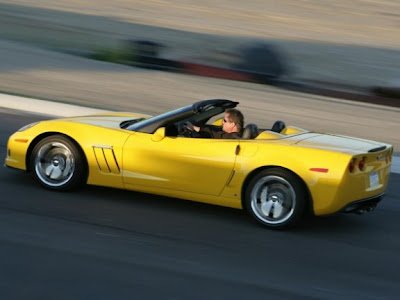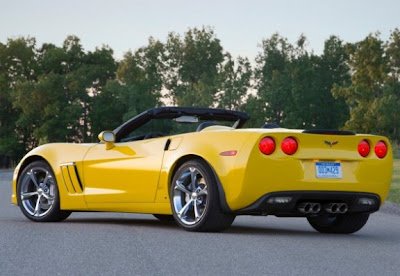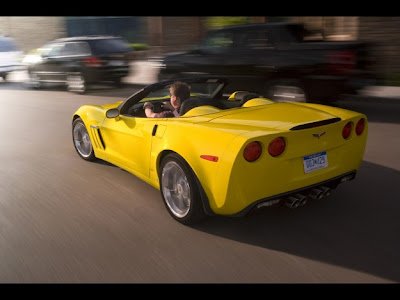The pace and frequency of change to this most heroic of all Chevrolets can be charitably described as glacial, and our assessments of the changes, when they finally occur, don’t always jibe with the perceptions of the designers, builders, marketeers, and flacks. For example, when the Corvette’s most recent major update came along for model year 2005, purporting to mark the transition from generation five (C5) to generation six, we characterized the sum of the changes as “Corvette C5 and 11/16ths.” The members of the Corvette tribe don’t refer to their baby in alphanumerics.
It’s known internally as the Y platform and has been for decades. But that doesn’t keep the rest of the world from identifying the generations as C4, C5, and C6. Soon to become C7. So, will the next generation merit the full seventh generational designation? Here’s what we know. Or at least think we know. In the world of cars, perception of newness starts with what you can see. The Corvette’s looks haven’t changed much in the last two generations, covering 13 years, but we anticipate change in the C7 will be apparent at a glance, even to casual observers.
According to insider folklore, CEO Dan Akerson—GM’s fourth CEO since March 2009—attended a Corvette styling review and told design chief Ed Welburn that he thought the C6’s posterior was way too wide. Welburn reportedly said he thought so, too. As a consequence, when the C7 makes its debut in the fall of 2012, we anticipate slimmed-down rear haunches.
More startling, it seems certain that the coupe’s going-away view will feature a split rear window—à la the one-year Sting Ray coupe of 1963—though in this case it will be an optional feature. Chevrolet first signaled its interest in reviving the split window by outfitting the Stingray concept vehicle with one. Yes, that’s the one that appeared in the second Transformers movie.
We also look forward to—and fervently hope for—a thorough interior makeover. The C6 Vette has long been a respected member of the serious sports-car community, but its interior has been subpar for just as long. Although interior dimensions probably won’t change, materials will be upgraded, and the seats—strangely deficient for years—are expected to compare favorably with the buckets found in Porsches and BMWs. Finally.
The front-engine Y platform will be essentially unchanged from the C6, with the transaxle at the rear for optimized weight distribution. As a result, dynamic elements are expected to change very little—no bad thing—although we anticipate continued improvement in steering linearity and feel. The Z06 and ZR1 will continue as the mega-performers, while Grand Sport may become the base model.
There will be changes under the hood, too. Despite the probability of slightly reduced displacement, output of the Corvette’s pushrod V-8s—naturally aspirated and supercharged (ZR1)—should be about the same as that of current engines, thanks to new direct-injection systems. Also, fuel-economy ratings may show a slight uptick. But don’t expect a hybrid version.
Pricing conjecture is just that. We look for the base Corvette coupe to start at roughly $52,000, ranging up to about $115,000 for the ZR1. If all goes according to plan, the C7 should hit dealerships in fall of 2012.









